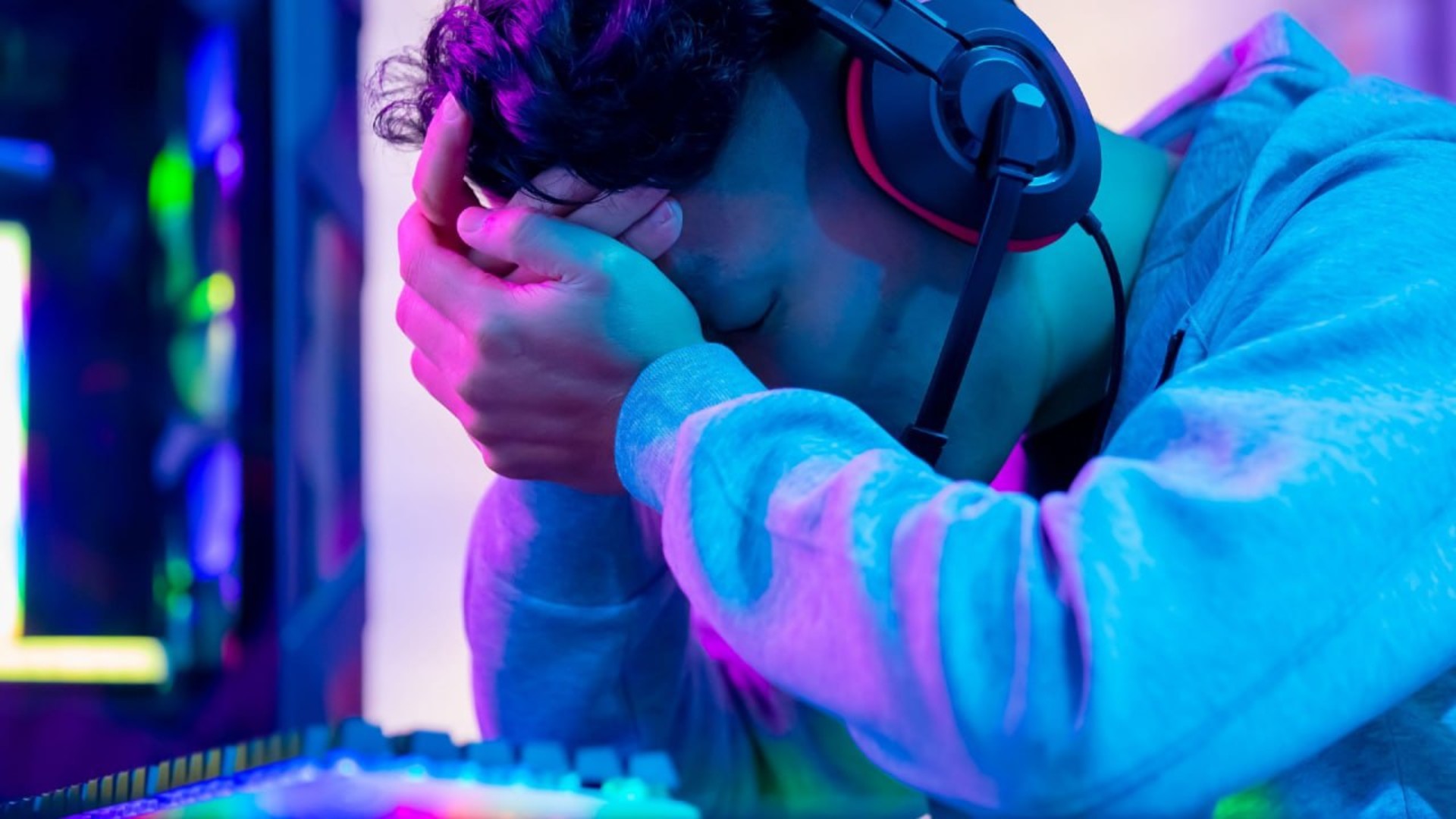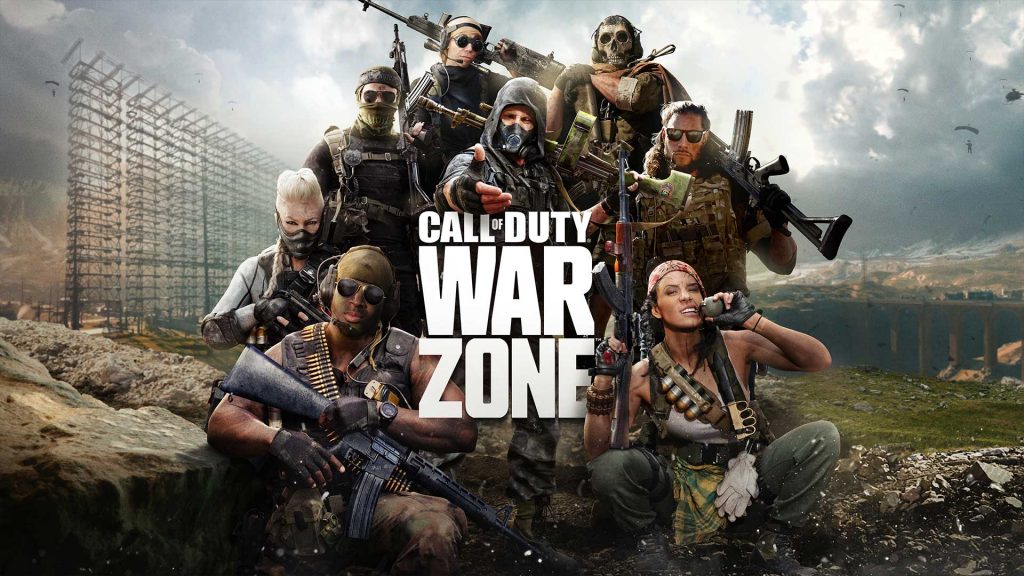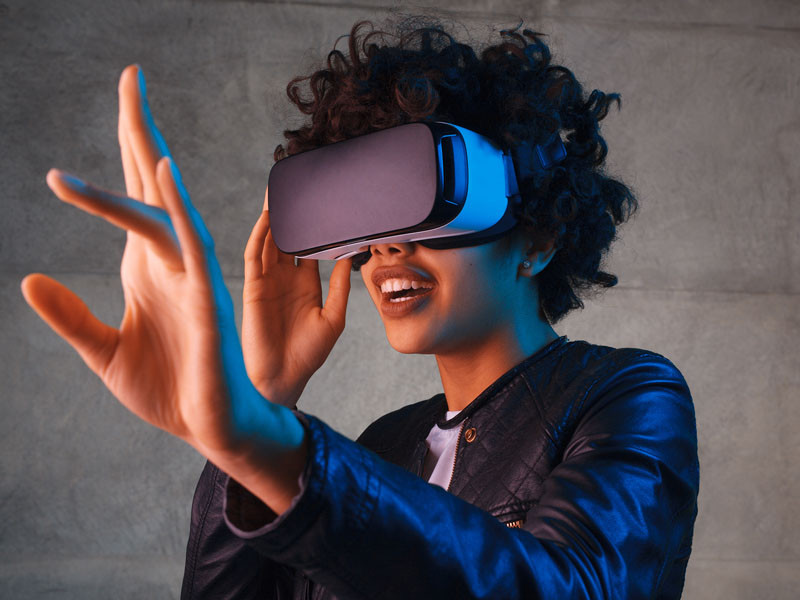ABOUT
BIO
ABOUT ME
Since 2014, I have been dedicated to my career as a Psychologist, specializing in group and organizational dynamics. Throughout these years, I have collaborated with a diverse array of companies, groups, and organizations, serving as a consultant to facilitate their developmental journeys. Currently, I hold the position of Research Fellow at the Department of Computer Science and am advancing towards the completion of my Ph.D. at the University of Torino, in the Department of Psychology. My research primarily focuses on the intersection of technology and psychology, exploring the impact of technology on individuals, and examining how people perceive, utilize, and interact with technological tools. Additionally, I have enriched my academic experience by spending six months as a Visiting Researcher at the Eindhoven University of Technology (TU/e), under the mentorship of Prof. Max V. Birk, where I delved into various aspects of game-related research.
AREA
RESEARCH
My research is situated within the areas of Work and Organizational Psychology, Human-Computer Interaction (HCI), and Computer-Supported Cooperative Work (CSCW), with a special focus on video games and how leisure contexts are intertwined with work and organizational practices.
INTERESTS
RESEARCH
In these years I have been studying the usage of video games in the mental health area, and during difficult life moments in particular. I am researching on how players organize in multiplayer games, such as in First-Person Shooter. Self-tracking, behavior change and the general impact of Personal Informatics on the lives of their users is also a subject I am fond of. Finally, part of my research involves the interaction with conversational agents.
You can also download my full resume using one of the buttons below:









